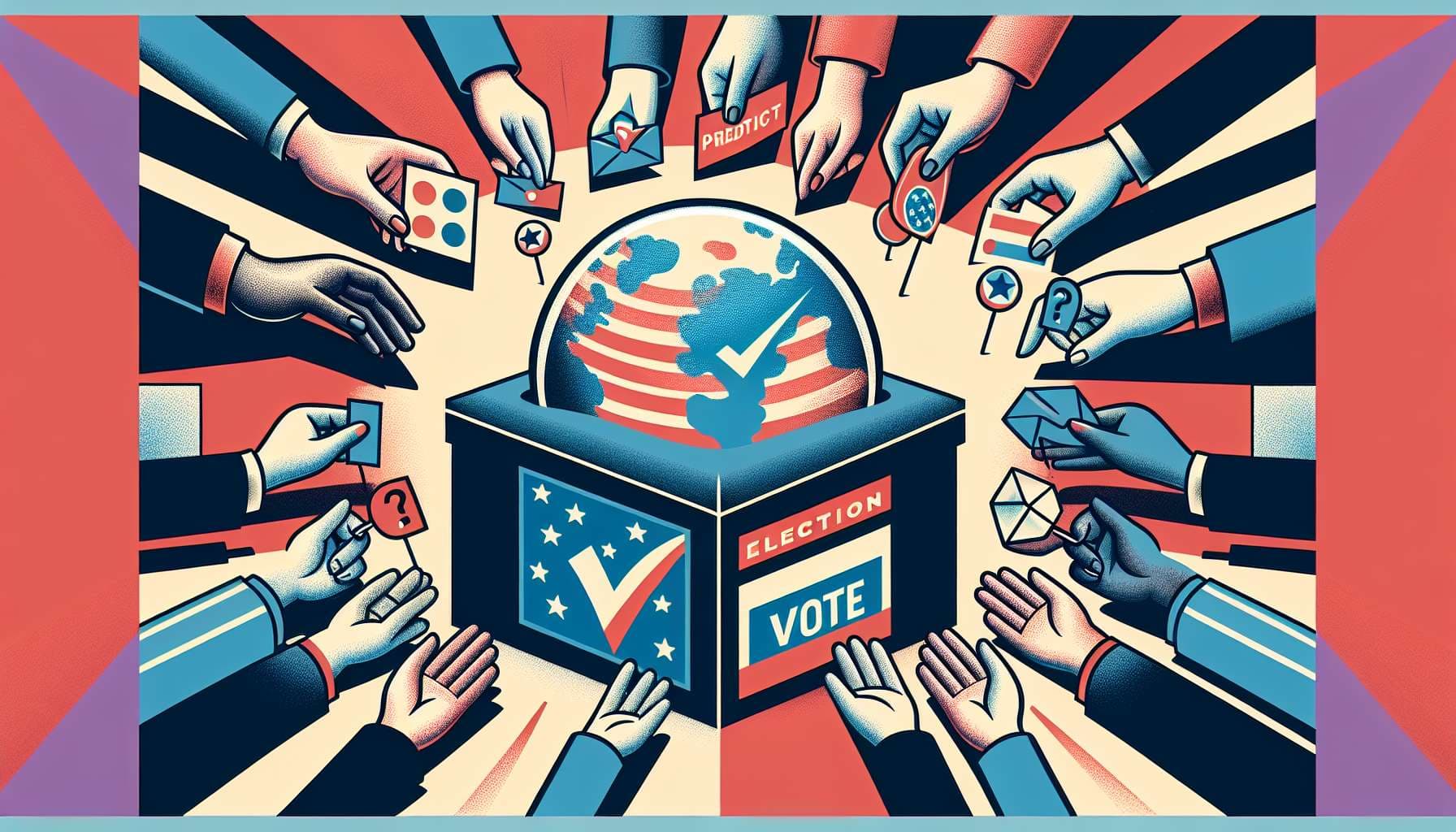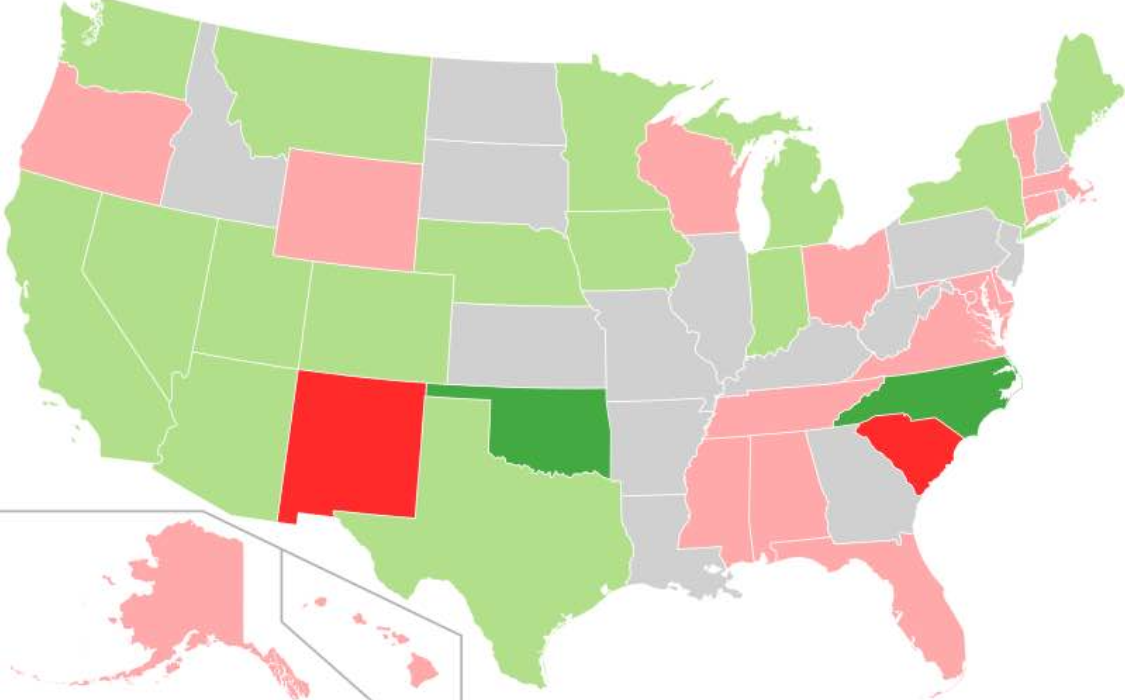
Will there be faithless electors in the 2024 US Presidential election?
Resolves the same as the original on Metaculus.
Resolution criteria
This question will resolve as Yes if any members of the Electoral College vote for a candidate other than the candidate to whom they had pledged their vote in the 2024 presidential election, and their vote is not invalidated, according to reporting by credible sources.
Fine print and additional background information can be found on Metaculus.
Once the original resolves, its resolution will be applied to this market automatically. Trustworthy-ish users are encouraged to resolve this market before then if the outcome is known and unambiguous. Feel free to ping @jskf to request early resolution or to report issues.
There was a few in 2016. Mood is a bit different this time around, but similar enough that I bet there’s at least one. https://www.270towin.com/2016_Election/interactive_map#google_vignette
@pietrokc I think the campaigns got a lot more strict about vetting their electors to make sure they aren't faithless after 2016, so it should be a lot less likely now than it has been historically.
@PlasmaBallin I always wondered if it was a 269-269 or 270-268 and one of the electors was paid off or something how the country would melt down
@DavidBolin How would that work if the electoral vote has already been cast? I always thought in reality the supreme court would take over whether they have the authority to or not and give it to the person who got the most electoral votes but who knows.
@Riley12 Such suits have actually happened in the past, and some electors have been replaced after the fact. It would be far more certain to happen if it would make a difference to the outcome.
(Regarding "how" the elector and their vote is ruled disqualified, and it has to be replaced by someone else.)
@DavidBolin Ok but ruled by who? I know congress can always reject electors but I doubt the party benefiting would do so. They would go on and on about how that's why we have the electoral college while the other party would cry robbery.
@Riley12 state courts. It's up to state rules whether the electors have to vote according to their pledges or not. And scotus has upheld this.
All pledging laws originate at the state level;[6][7] the U.S. Supreme Court upheld these state laws in its 1952 ruling Ray v. Blair. In 2020, the Supreme Court also ruled in Chiafalo v. Washington that states are free to enforce laws that bind electors to voting for the winner of the popular vote in their state.[8]
@jack I knew some states have requirements or penalties. But that's still at least 165 electors that the law explicitly states they can be faithless and another 128 where there's no law at all. In a scenario where it's a 269-269 tie that's 293 electors that would seemingly be able to change the entire election by voting for the other candidate. My legal knowledge is limited but I don't think any current law would be able to stop them, it would prob have to come from the supreme court saying this is such a gross miscarriage of democracy that we have to act outside our normal authority to correct this. What would be more egregious is 270-268, 271-267 where one or more electors switches votes and really throws it into mayhem.
Seems the only actual viable guardrail against this currently is congress' ability to throw out electoral votes. Which actually I forgot from 2020 only needs a simple majority meaning the moderates from the losing party would certainly switch over to reject and be hailed as saviors of democracy. Need 60 senate votes to pass a bill but only 50 to overturn a presidential election lol srry for the essay
@Riley12 I think were this to happen the odds of the supreme court overturning the faithless elector is like 95%
@ThomasTwenhoven In this situation, "faithless" would be more commonly used (i.e. they've broken faith). As to why English is like this . . . well, that's a long story.

